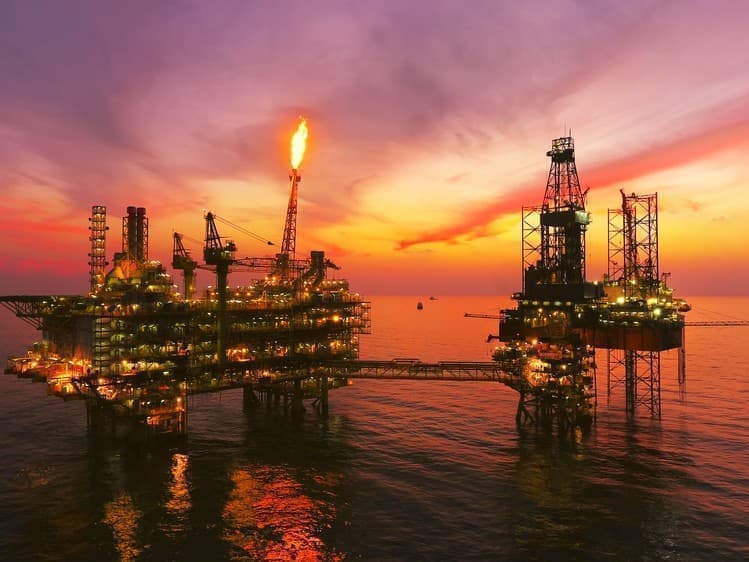
The Company's gas processing plants processed 411 and 406 mln cubic meters of gas, respectively, in 2017. We produced 395 mln cubic meters of dry stripped gas, 756,000 tonnes of light hydrocarbon fractions, 188,000 tonnes of ethane fraction and 42,000 tonnes of sulphur
learn more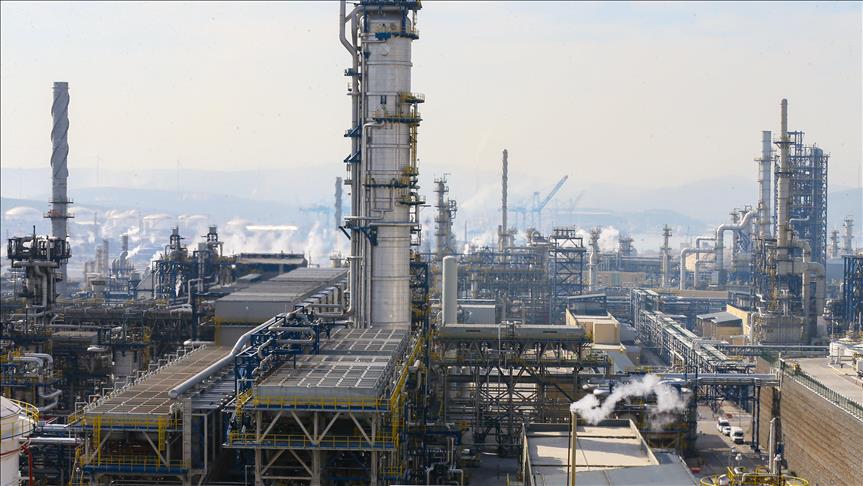
Our production facility has the capability to produce all types petroleum byproducts with high-quality performance and environmental friendly characteristics.
learn more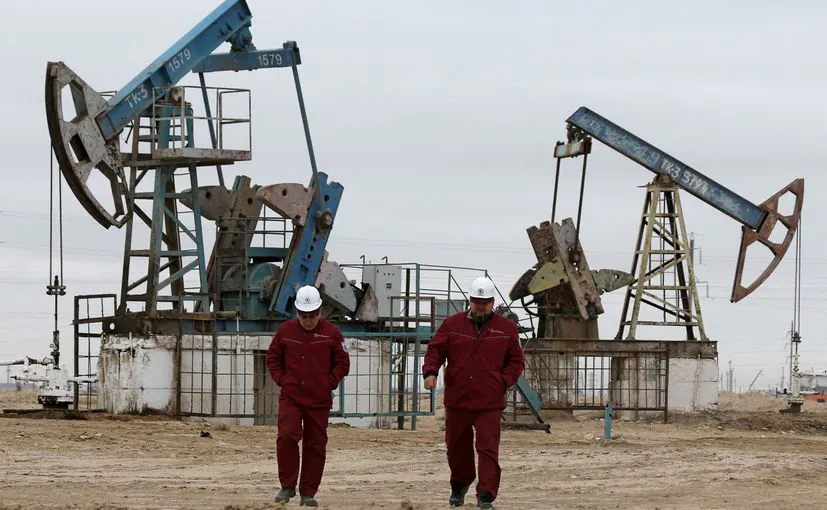
We ensure a maximum utilization of the modern geological and hydrodynamics modeling as well as the latest drilling technics
learn more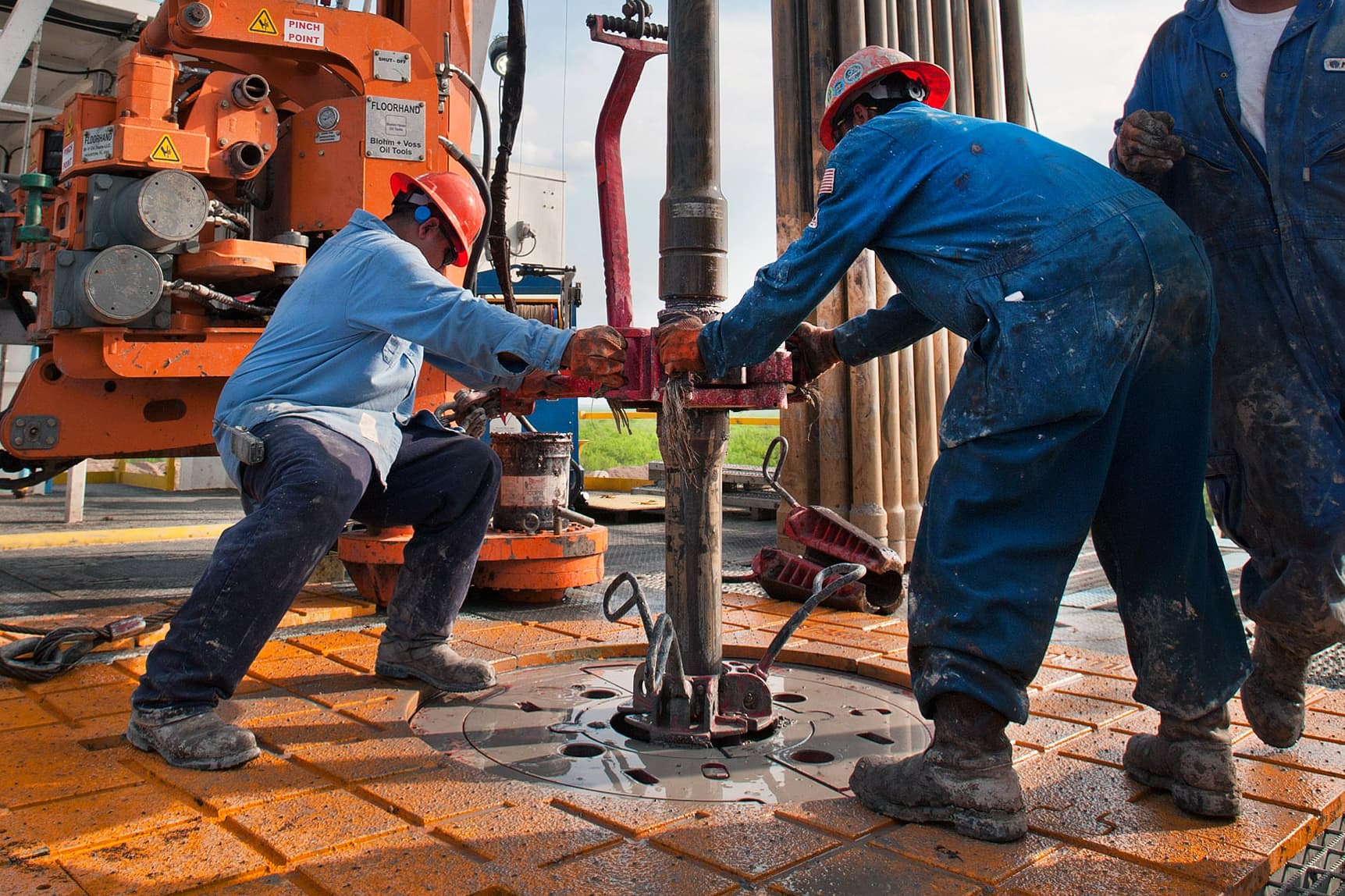
Our company implementes a drilling production modernization technic, which includes state of the art refining production unit,
learn moreEnvironment
Energy is vital to daily life – it keeps our world moving and provides access to essentials like clean water, food and health care. Over the coming decades, populations and living standards for many will rise – and so will the need for energy. To help meet tomorrow’s energy needs, Caspian is working responsibly today.
Our approach to sustainability starts with running a safe, efficient, responsible and profitable business. We also work to share benefits with the communities where we operate. And we’re helping to shape a more sustainable energy future, by investing in low-carbon technologies and collaborating with others on global energy challenges.
Fundamental principles of the Company´s environmental policy
1. Continuous and systematic reduction of negative impact of process flows upon the environment, decrease of ecological risks by means of introduction of the best existing technologies, scientific and technological achievements.
2. Achievement of industrial and ecological safety level, which meets modern international standards and requirements.
3. Rational use of natural resources based on introduction of innovative nature and resources conservation technologies.
3. Consistent enforcement of industrial and ecological safety requirements;Preservation of the primordial living environment, traditional ways of living and house holding of indigenous people;Environmental monitoring in the areas of the Company´s operations.
4. Continuous improvement of nature conservation activity and environmental management system at the Company´s facilities;Reduction of industrial impact of new facilities upon the environment achieved through comprehensive preparation of preliminary design and project documentation;
5. Continuous improvement of the personnel´s environmental skills;Transparency of the Company´s environmental efforts.
The Company´s responsibilities
To implement the basic principles of environmental policy, the Company undertakes the following responsibilities:
Abide by the legislation of the "Kazakhstan republic" in the field of environmental protection, sanitary-epidemiological wellbeing of the population; adhere to the principles of the Company´s environmental policy.
Make an assessment of ecological risks when developing project documentation for the construction of facilities in ecologically susceptible territories. Make a strategic ecological assessment when implementing large-scale infrastructural projects of the Company.
Ensure constant quality improvement of environmental management and its control system.Improve constantly industrial and ecological safety at the Company´s facilities; assume required measures to ensure integrity of oil-field equipment including pipelines.
Enhance power efficiency of production processes at all production stages.
Ensure rational environmental management, mitigation of impact upon the environment, compensation of possible damage to the environment.Assume all possible measures to preserve climate, reduce fragmentation of natural landscapes by laying linear facilities in the existing utility line areas and placing of site facilities on previously disturbed land within existing industrial sites, biodiversity, animal migration paths on the territory of operations, timely rehabilitation of the disturbed ones.
Give priority to prevention of negative impact upon the environment as compared with mitigation of consequences of such impact.
Seek to avoid execution of works in the territory of World Heritage sites, wetlands that are of preferential protection as well as conservation areas. In case it turns out impossible to avoid it, a special procedure of business activity must be observed.
Take account of interests and rights of indigenous people to leading the traditional way of life and preservation of primordial living environment; prohibit personnel of the Company from hunting, fishing, picking up wild harvest in the traditional nature management areas.
Observe current rules and standards of the Company´s employees conduct in conservation areas and waste handling requirements, demand observance of these rules and standards from contractors.
Organize a continuing professional and ecological education for the Company´s employees.Provide general accessibility of ecological information of the Company´s business activity, transparency of environmental management and decisions made in this sphere.
Apply ecological standards of the Company to the activity of contractors.
The present environmental policy is among the Company´s priorities and is brought to notice of each employee of the Company.
Environmental policy, which expresses the Company´s position regarding the environment and implementation of the principles of sustainable development in modern conditions, is the basis of the Company´ development strategy and planning of its activity in the field of environmental protection for short and long period.
Implementation of environmental policy will be carried out by means of fixing the responsibilities of contractors and suppliers of the Company in the field of environmental protection in the areas of its operations in the contracts.
Environmental policy is subject to revision, correction and improvement in case the Company changes its development priorities and operational conditions.
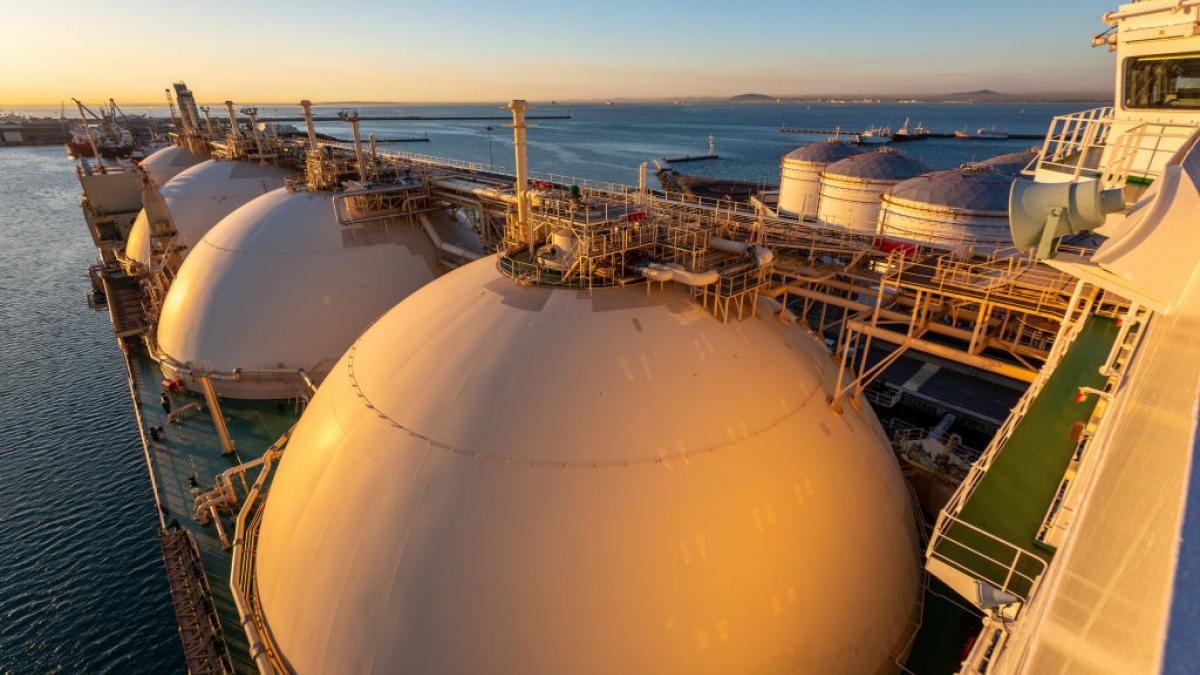
Jet fuel is kerosene, not a distillate, such as Gasoil / Diesel. At the refinery, it is separated from gasoline and paraffin. Jet A-1 is widely used as the main fuel worldwide.
Marine fuel in international markets is still the fuel with the highest viscosity standard.
The unit of viscosity is Centistoke. Popular fuels having a viscosity in accordance with ISO 8217 standards based on D6
LNG is a colorless, odorless substance with a density of 0.41-0.5 kg / l. It is influenced by alkanes (it is 0.41kg / l),. Non-toxic.